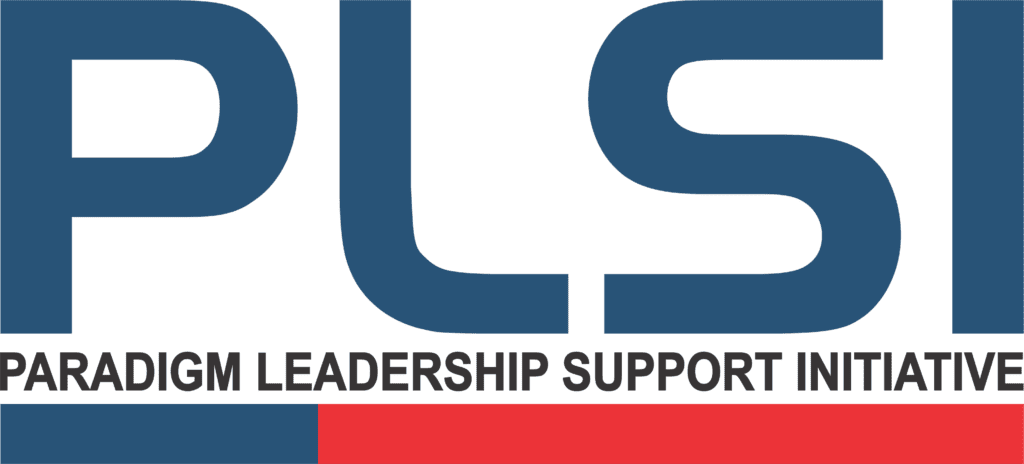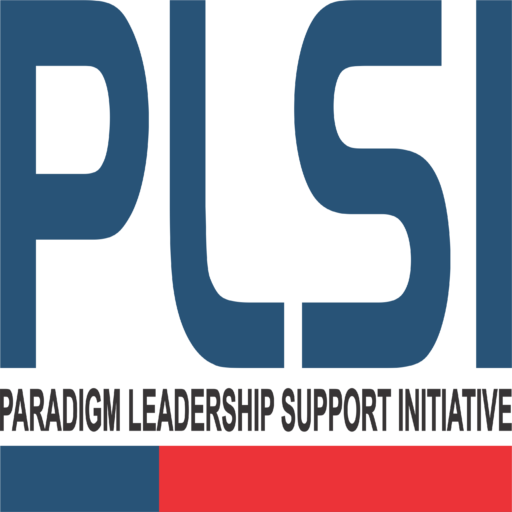Public Accounts Committee (PAC) is a Committee set up in the Parliament to hold government Institutions accountable for use of Public funds and resources, by examining all related financial documents including reports submitted by the Auditor-General.
In 1999 the Commonwealth Parliamentary Association recognized the role played by Committees in parliamentary oversight and commissioned a study group to consider how PAC functions in Parliaments of the Commonwealth.
Also, in accordance with section 85(5) of the 1999 constitution of the Federal Republic of Nigeria, the Auditor-General is expected to submit annual reports on the accounts of the Federation to Parliament which then refers such reports to the Public Accounts Committee for review as to whether public funds utilized as approved in the annual budget ensuring that the integrity of such budget document in not compromised. This exercise is also referred to as ensuring the efficiency, economy, and effectiveness of public spending.
The duty of the PAC is to perform through its parliamentary jurisdiction thorough oversight on the use of public funds for the benefit of citizens. Although, PAC and the Auditor-General collectively aids to attract international capital investment to a country by providing guarantees on the integrity of public sector finances, in developing countries, they face challenges in relation to building their capacity and performing their functions.
The Public Accounts Committee (PAC) needs adequate information that will empower them to assess fiscal performance of executive agencies saddled with the responsibility of implementing annual budgets. In instances, such information is provided by the Auditor-General whether at national or sub-national level. This makes the work of the Auditor-General a very crucial one in terms of data compilation.
There are some misconceptions about the role of Committee on Public Accounts that confronts the growth of accountability and transparency which makes it important to continuously improve their performance especially by ways of distributing accurate and effective information to citizens about their oversight role on public finance. It is equally necessary for the public to be carried along particularly on the investigative hearings conducted by the Committee through their review of reports submitted by the Auditor-General.
The role of PAC is therefore an important one that may from time to time require adequate funding to enable them improve on their capacity to carry out relevant investigations including physical inspection of project sites.
In a nutshell, Public Accounts Committees have essential roles to play in supporting the Legislature survey and eliminate corruption in democratic systems which in turn helps in promoting good governance and development.
Following up on activities of the Public Accounts Committees (PAC) at the 9th Assembly of both Senate and House of Representatives in Nigeria, we shall be bringing you weekly highlights on how these constitutional Committees are working to ensure prudent management of public funds in Nigeria. As part of PLSI’s effort to ensuring that corruption is prevented to the barest minimum in Nigeria, we will be supporting every effort that promotes accountability and transparency in the country.
Join us at PLSI as we continue to promote citizens’ participation in Nigerian public audit process through our advocacy programs.
This piece was written by:

Ifeoma Onuoha – a staff of Paradigm Leadership Support Initiative (PLSI)

